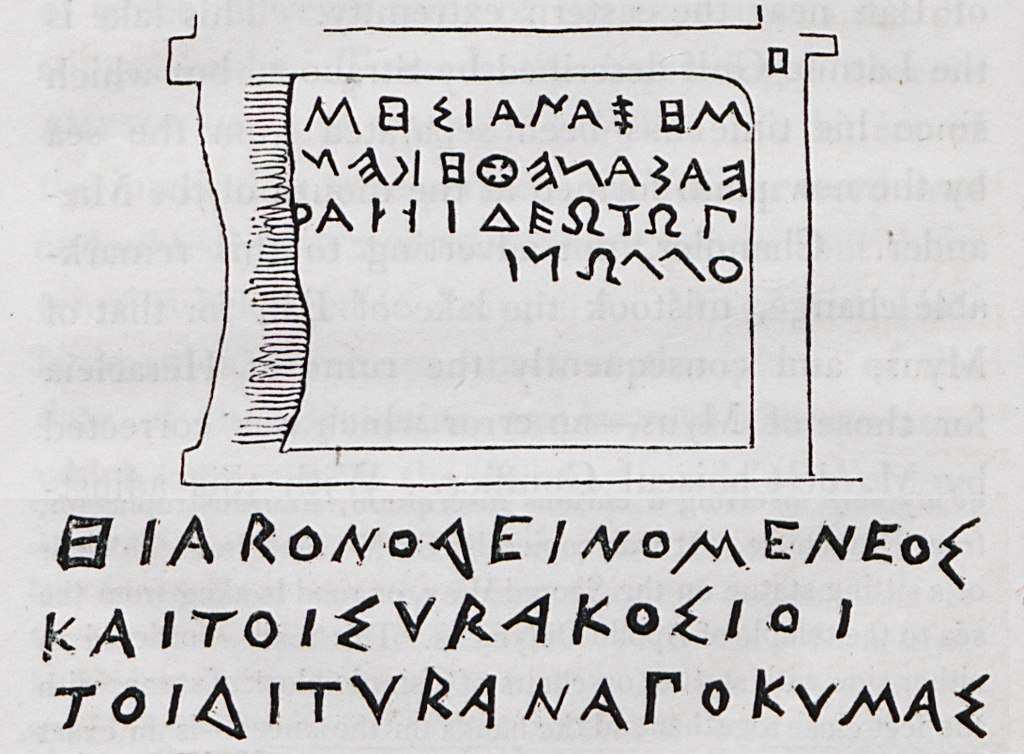Cormac Orthography, more or less

In 2023, the novelist Cormac McCarthy died. His first published work came out the year I was born. He wrote what I would call mainstream westerns & apocalypses. I’ve only read The Road.
At the time there were some interviews with him re-floated, in which his low use of punctuation is given some air time, and how he got there. Cormac McCarthy pointed to James Joyce as the main inspiration in regard to a lack of “speaker’s marks”, colons and semi-colons; and Capitals.
This is a strong tradition and includes that Ernest Hemingway of showing not telling, or at least, not giving too much away. And not mucking about with overly clever puns and prestidigitational obfuscations, or signs of non-ego transparency, which all just get in the way of the story.
As if mathematics just stopped using the = signs because all good readers of formula can predict where it is going to occur. So, there’s no need to use “quotation marks” or ALL CAPS FOR SHOUTING. Well-educated readers can work that out, no need to spoonfeed them.
So I admire such calm disciplines of the labours, where arbitrary rules, reduced sets or foci, and routines allow one to creatively method act with a generative formula, to more quickly write out, the plot, or the character, or whatever it is that one must grimly tell about, and removing that which gets in the way, like the ego of the writer etc.
Style is a means of production afterall. Even before there were algorithms to worry about, we call this meatspace process 'formulaic', as if there was not enough ego.
You cannot win with critics. You can with readers however, and some readers love a sparse style.
Yeah, well, some people, I hear, enjoy going to parties.

I think about punctuation and it’s superset orthography quite a lot, and I think the same meta-arguments can be used to support the use of more punctuation, not less. It’s a way of reducing the load, it can lessen the effort, which can get in the way.
[Note to self: read more on the history of orthography, do not re-invent the wheel]
Especially where people do not know the traditional formats. Both Cormac & Ernest work within a traditional form where the audience knows what it is that they expect to expect. This is mutual and is not experimental. Both were fine masters of a well-known and well-respected… —well, they had a good market for their wares. And as I said non-experimental does not mean non-creative.
For someone struggling to get their ideas across, more punctuation and orthographic emphasis might help. Possibly. Or become a way to get the un-expected across more efficiently.
Apparently Cormac McCarthy was quite taken with James Joyce’s punctuation. I was always more informed by Virginia Woolf. Not sure why.

The Slash
So far in this worlding quest I have found using traditional orthographic usages useful in both concrete and abstract efforts to take care of my toolset inventory.
Especially the slash or the "/".
I use the / and \ to re-united concepts that originally may have been one, or had a very close relationship, originarily. Recently I have discovered some French writers call this process individuation or individualisation, which in English is best translX-ed to de-individuation, and thus but… —I am confused. In any case individuals can be indivisiable, but can individuate from other masses of individuals.
Hmmh, this confusion is all very close to a reaming contronym.
Starts over: I use / and \… —to re-unite or de-split into a greater taxon, a possible ancestor, various things that have their individual uses within a complex economic world. With reference to worldbuilding the most common one I use is some subset of:
religion/art/law/lore/performance/ritual/rites/song/songline
in which the practice of worlding is done, and any particular practice/pray/song\law is an outcome.
Worldbuilding is worlding overdone, an intentional doubling-down, a doctrinal move that turns a practice into dogma.
Between / and \ is to highlight or bracket sub\sub/sets. They may be use to simply list, if roughly, but mostly, the intent is to do more than this.
Ends over: As well, my usage that slips between forward / and back \ slashes is done to highlight or bracket the potenital of sub\sub/sets. Either may be use to simply list items, if roughly… —in rough preparation, but mostly, the intent when contrasting / with \ inthe same list, is to do more than this. It indicate a simpler past (by complexly listing the now individuated bits). I can use the /to hug\ the contents.
religion/art/law/lore/story/tell/deed\performance/ritual/rites/song/songline
There is more on the slash "/" at Slash-and-blur worldculture part 1 and part 2.
the… —gap
Another example I have used a lot is the example in the construction “the… —gap”.
I use the… —gap as a shorthand term for incomplete or paradoxical aporia that people are inclined to throw stuff into, for a variety of personal and worldbuilding reasons and practices (faith, god, imagination, love, religion, art, activism, ideology, doctrine, dogma).
I an very interesting in what and why people through stuff most dear to them and hteirs into the… —gap. Especially they do it unawares, or proclaim they have no agency in the matter.
Fromthis usage I will use "… —" to indicate the gap like notice I have in other experiences of other people practice, by whacking "… —" in between other words to highlight this notice.

Updated and migrated version of the substack original.
